HJC IS-17 Motorcycle/ Motorbike Full Face Is17 helmet Exclusive to Biikerswear
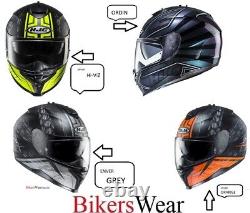
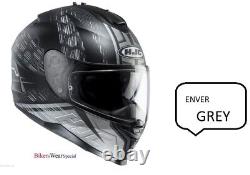
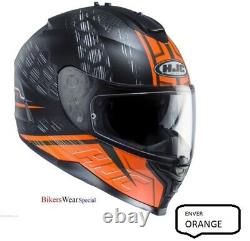
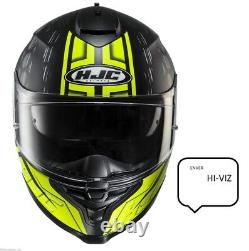
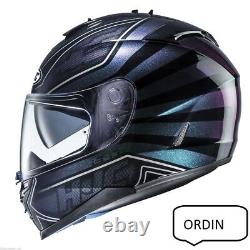
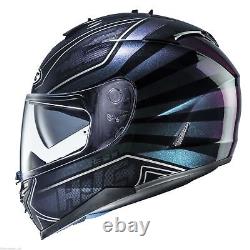
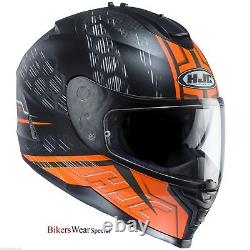
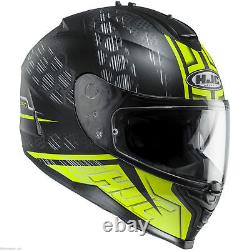
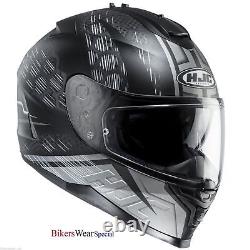
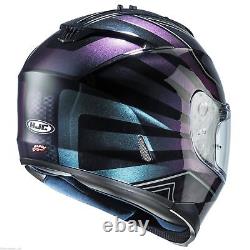

The one stop shop for your helmets, boots, leather textiles, gloves and accessories. Key features of the HJC IS-17 Helmets.
Safety Certification: Look for helmets that meet safety standards such as DOT (Department of Transportation), ECE (Economic Commission for Europe), or Snell certification. These standards ensure that the helmet has been tested and approved for impact protection. Shell Construction: High-quality helmets often use advanced shell materials e. Fiberglass, carbon fiber that provide a balance of strength and light weight. Ventilation System: Helmets may feature adjustable vents that allow the rider to control airflow and maintain comfort during different riding conditions.
Removable and Washable Liner: A removable and washable liner makes helmet maintenance easier and helps keep the interior fresh. Visor: Helmets may come with a clear or tinted visor, often equipped with anti-scratch and anti-fog coatings. Some models may also be Pinlock ready to prevent fogging. Drop-Down Sun Visor: A built-in sun visor can be convenient for blocking out excess sunlight without the need to change the main visor. Quick Release Strap: A quick-release chin strap mechanism allows for easy putting on and taking off of the helmet.
Fit and Comfort: Helmets may offer multiple sizes and interior padding options to provide a comfortable and secure fit. Aerodynamics: Helmet designs that reduce wind noise and drag can contribute to a more comfortable and less fatiguing ride. Bluetooth Integration: Some modern helmets come with built-in spaces for integrating Bluetooth communication systems.
Replaceable Parts: Helmets that allow for easy replacement of parts like visors or liners can extend the life of the helmet. Weight: Lighter helmets can reduce strain on the rider's neck during long rides.
Aesthetic Options: Helmets may come in various colors and designs to match the rider's style and preferences. We are an authorised HJC Dealer.

